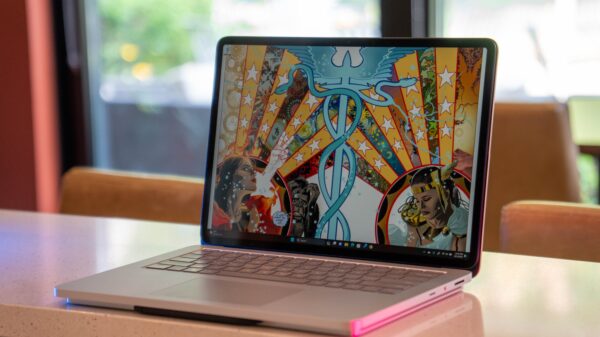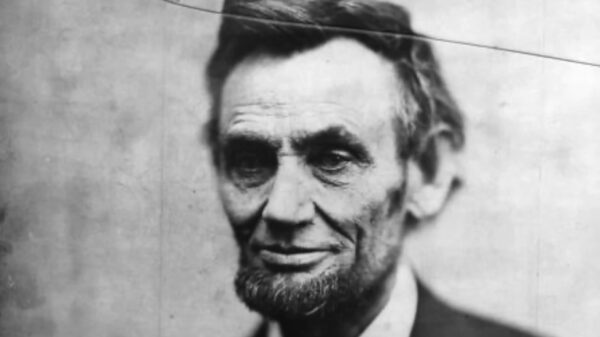NEW YORK — In a high-profile trial that has captivated the music industry and beyond, the jury in Sean “Diddy” Combs’ sex trafficking case announced on Tuesday that it had reached a verdict on four of five charges. However, the panel remains deadlocked on the most serious charge: racketeering conspiracy. The jury’s partial decision remains undisclosed as Judge Arun Subramanian instructed them to continue deliberations, emphasizing the importance of a comprehensive verdict.
The development unfolded late Tuesday afternoon when jurors communicated their struggle with the racketeering conspiracy charge, citing “unpersuadable views” among members. Despite the jury’s right to present a partial verdict, Judge Subramanian urged further deliberation, noting that the process had only begun the previous day.
Complexities of the Racketeering Charge
At the heart of the jury’s impasse is the racketeering conspiracy charge, a complex accusation under the Racketeer Influenced and Corrupt Organizations Act (RICO). This charge requires jurors to determine whether Combs orchestrated a “racketeering enterprise” and participated in various offenses, including kidnapping and arson.
The charge is particularly challenging as it often applies to organized crime and drug cartel cases, demanding a nuanced understanding of the law. Earlier in the day, the jury requested to review pivotal testimony from Cassie, Combs’ former girlfriend, highlighting the gravity of their deliberations.
Testimonies and Legal Maneuvering
The jury’s request for Cassie’s testimony underscores the trial’s intensity. Her accounts of alleged abuse, including a 2016 incident at a Los Angeles hotel captured on security footage, are critical to the prosecution’s case. Additionally, jurors sought details of a 2013 altercation at the Cannes Film Festival, where Cassie claimed Combs threatened her with explicit videos.
Defense attorneys have argued that the prosecution is unfairly targeting Combs’ lifestyle. Lead defense lawyer Marc Agnifilo has emphasized that the accusations, at most, amount to domestic disputes rather than federal crimes.
Legal and Personal Stakes
Combs, 55, faces severe penalties if convicted on all charges, with potential sentences ranging from 15 years to life imprisonment. The trial has drawn significant attention, not only for its celebrity defendant but also for the legal intricacies involved.
As deliberations continue, the courtroom remains a tense environment. Combs has been visibly affected by the proceedings, often appearing somber as he confers with his legal team. His family, including his mother and children, have been present, offering support during this tumultuous period.
Historical Context and Expert Opinions
The use of RICO in cases involving celebrities is rare but not unprecedented. Legal experts note that while the act is traditionally associated with organized crime, its application in high-profile cases can set significant legal precedents. The ongoing deliberations in Combs’ trial may influence future interpretations of RICO, particularly in cases involving public figures.
According to legal analyst Dr. Emily Carter, “The outcome of this trial could redefine how RICO is applied in cases involving personal conduct versus traditional organized crime activities.” Dr. Carter highlights the potential implications for both the legal community and the entertainment industry.
Looking Ahead
As the jury reconvenes, the focus remains on reaching a unanimous decision on the racketeering charge. Judge Subramanian’s decision to extend deliberations reflects the trial’s complexity and the broader implications of the verdict.
The trial’s outcome will not only impact Combs’ future but also potentially reshape legal strategies in similar cases. Observers await the jury’s final verdict, which could have lasting effects on both legal interpretations and public perceptions of celebrity accountability.
For now, the courtroom drama continues, with all eyes on the jury as they navigate the intricate legal landscape of one of the most significant trials in recent memory.






































































